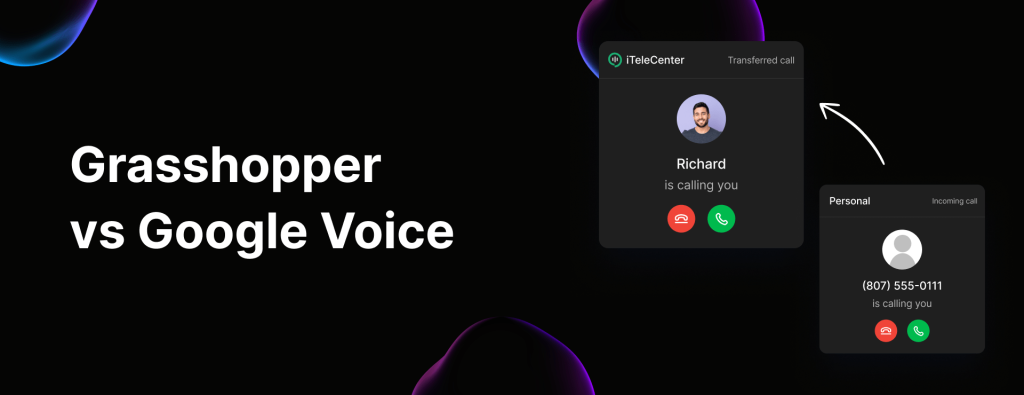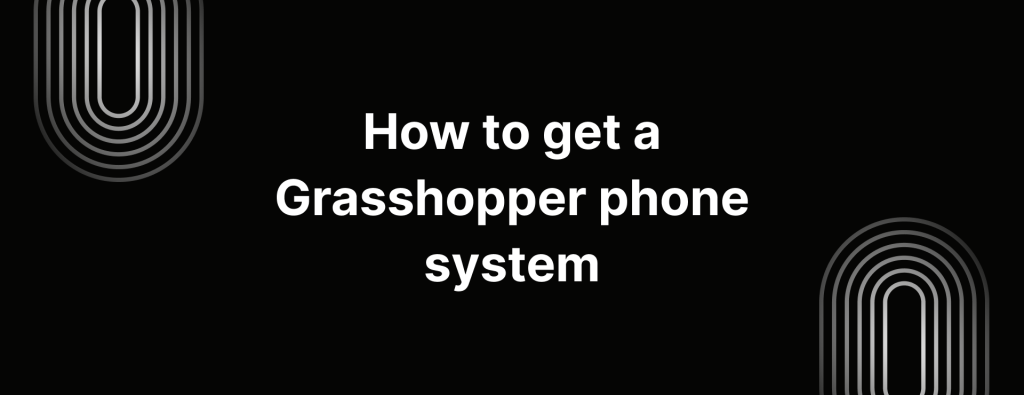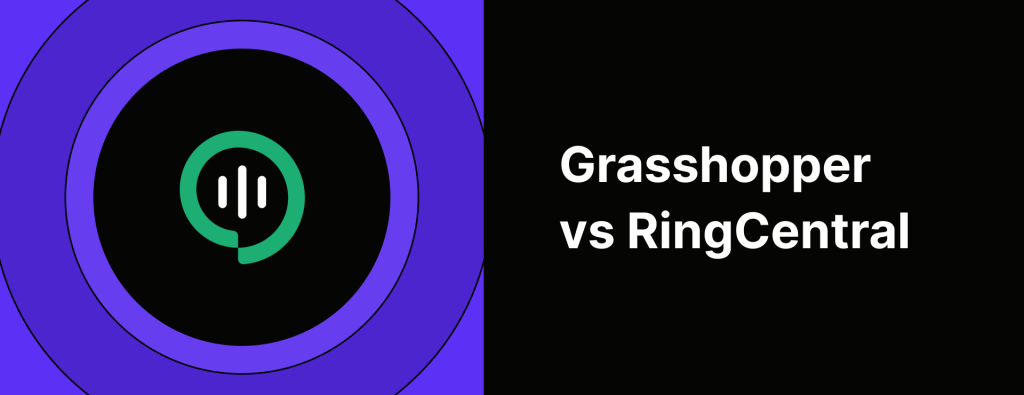What is STIR/SHAKEN?
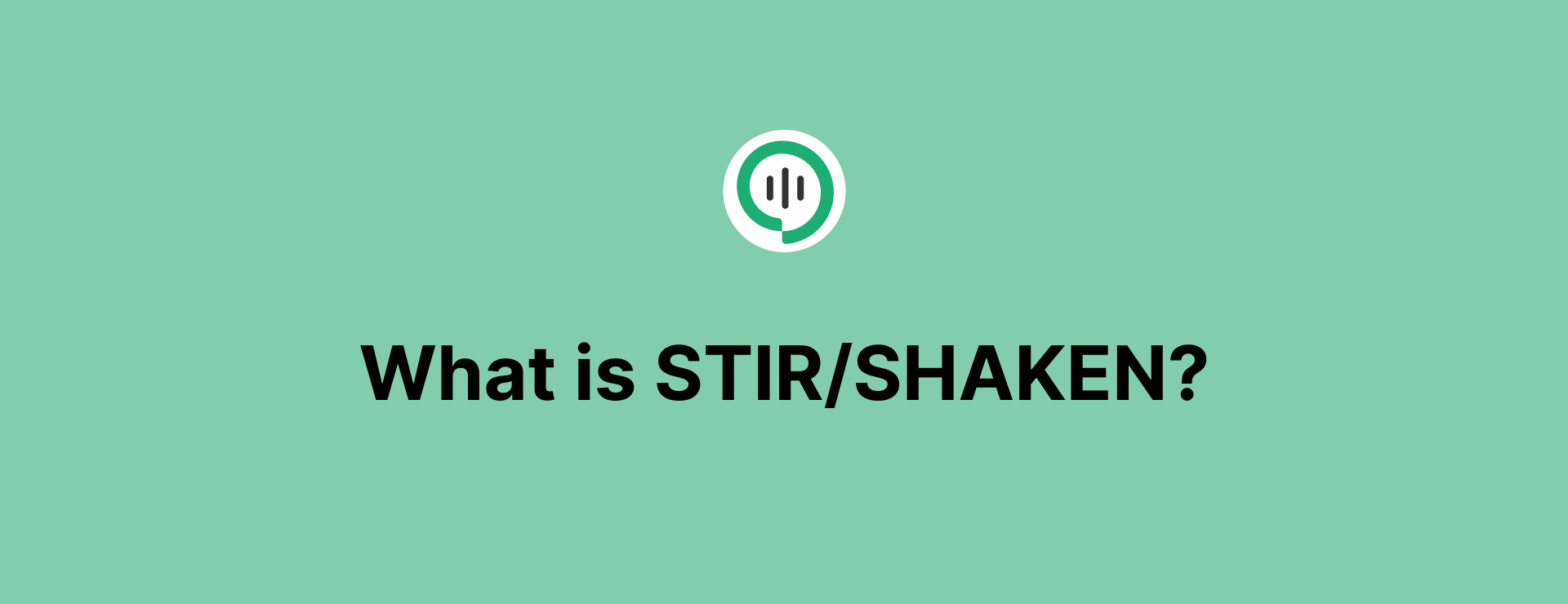
Do you get a lot of robocalls on a regular basis?
If you do, you know how frustrating it can be.
U.S. consumers received just under 4.5 billion robocalls in August of 2024. Spam and robocalls are a growing issue in the US, making it harder for consumers to trust incoming calls, even when it’s from legitimate businesses.
The FCC has rolled out STIR/SHAKEN – caller authentication protocols designed to fight spoofed calls and protect both consumers and business
Let’s break down how it works and what it means for your business.
What is STIR/SHAKEN?
STIR stands for Secure Telephone Identity Revisited (STIR)
SHAKEN stands for Signature based Handling of Asserted Information Using toKENs (SHAKEN).
Quite a mouthful, we know. But in simple terms, it helps fight caller ID spoofing and robocalls, making phone calls more trustworthy.
Both the originating and receiving service providers work together to verify caller IDs, making sure calls come from legitimate sources and aren’t spoofed. This process helps protect people from fraudulent robocalls and keeps their trust in phone services intact.
For legit call centers, meeting these standards is pretty easy. But for scammy robocallers .. STIR/SHAKEN throws a major wrench in their operations, making it much harder to disguise their caller ID and trick people.
So, how exactly does it work? Let’s find out.
How does STIR/SHAKEN work?
Okay, let’s break down how STIR/SHAKEN actually works.
First, the caller’s telephone service provider gets a digital certificate from a trusted certificate authority. These certificates basically use cryptography to verify that the caller ID information is real and hasn’t been altered. Other service providers can then use these certificates to confirm the caller’s identity.
When a call is made, the callers service provider assigns it an ‘attestation level’ based on how much they can verify about the caller and their number:
- Full attestation (aka A level attestation): The provider confirms both the caller’s identity and that they have the right to use the phone number.
- Partial attestation (aka B level attestation): The provider knows the caller but can’t verify whether they’re authorized to use the number.
- Gateway attestation (aka C level attestation): The provider can’t verify the caller or the number’s source, which is often the case for international calls
And once this verification is done, the phone call is passed through the network, allowing the recipient’s service provider to check the digital signature and decide whether the call is legit.
Types of scam calls STIR/SHAKEN can help prevent
So, STIR/SHAKEN technology isn’t exactly a bunch of tech jargon ..
It’s basically a system that helps verify caller IDs and block scam calls before they reach you.
Here are some common scams it helps prevent:
1. Phishing scams
Here, scammers pretend to be your bank, credit card provider or even the IRS, hoping to trick you into sharing personal info like passwords or 1 time codes.
With STIR/SHAKEN, spoofed caller IDs are immediately flagged, making it easier for you to spot and avoid these fake phone calls.
2. Vishing (aka Voice Phishing)
Ever had a call from someone claiming to be tech support or a financial advisor asking for sensitive details? Yup, that’s vishing.
STIR/SHAKEN verifies if the caller ID matches the actual number, making it harder for fraudsters to impersonate trusted sources.
3. Protecting your business reputation
STIR/SHAKEN does more than just block robocalls and scammers, it also helps protect your business’s reputation.
For example: If fraudsters spoof your company’s phone number to make scam calls, it can seriously damage customer trust. Just imagine clients receiving fake calls from “your business” asking for sensitive information, suddenly, you’re the one who they’re going to picture and your credibility is on the line. Even if customers don’t fall for the scam, your business could still suffer. You may have to change your phone number, which means frustrated customers and a hit to your revenue
STIR/SHAKEN ensures your business phone number stays secure, so your customers can trust that when you call, it’s really you.
4. Tech support scams
“Your PC has a virus! Download this software or click on this link to fix it.”
Sound kind-a familiar?
Fake tech support scams trick people into giving remote access to their devices, often leading to stolen data or malware installation.
By authenticating phone numbers, STIR/SHAKEN helps block these fraudulent calls before they reach potential victims.
5. Robocalls and spam calls
While some robocalls might be legitimate (for ex – appointment reminders or fraud alerts), many are scams designed to steal money or personal information.
STIR/SHAKEN verifies caller legitimacy, helping carriers block spoofed numbers and also reduce spam calls before they even ring.
With fewer scam calls in the mix, everyone can focus on the calls that truly matter.
Why STIR/SHAKEN is important for businesses
STIR/SHAKEN has been becoming prevalent since 2020. Here are a few reasons why it’s important for your business.
Fewer spam & robocalls
By identifying and blocking suspicious calls, STIR/SHAKEN helps keep your business phone system secure and trustworthy
More answered calls & customer trust
With a verified caller ID, your calls are less likely to be flagged as spam. This in turn will help you reach more customers.
Fraud prevention
Reducing call fraud means fewer financial losses and headaches for your business.
Stay ahead with iTeleCenter
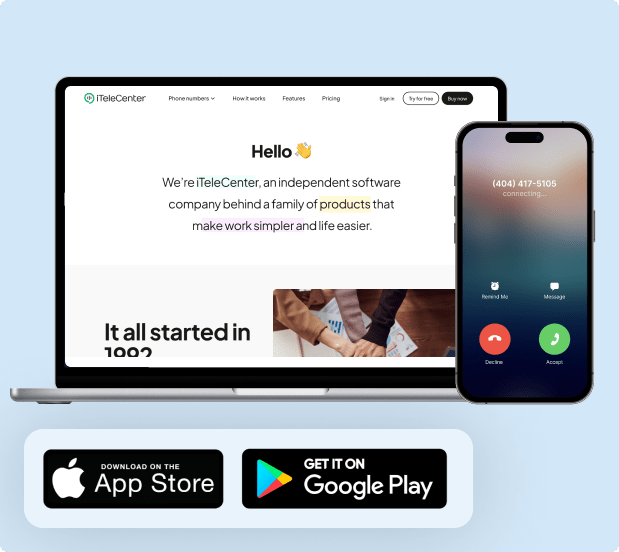
With iTeleCenter, a compliant VoIP platform, you can keep your business calls secure, set up your system with ease and give your team a reliable way to connect with customers.
Plus, by ensuring every call is verified, you’ll maintain customer trust, helping your business grow faster.
Frequently asked questions
What is the STIR/SHAKEN protocol?
STIR/SHAKEN protocols help make sure the calls you get on your VoIP phone or smartphone are actually coming from real, verified phone numbers.
They work behind the scenes to confirm that caller ID information is actually legit, cutting down on spam robocalls and reducing the risk of scams.
How do you know if someone is spoofing you?
Well, there are some common signs, here are a few:
- The caller is really ‘pushing’ you to share your personal details or account numbers.
- A legit business allows you to call back. If they don't, be careful.
- You're getting frequent calls from phone numbers you don't recognize
Table of Contents
Test drive iTeleCenter for free
Try for free
